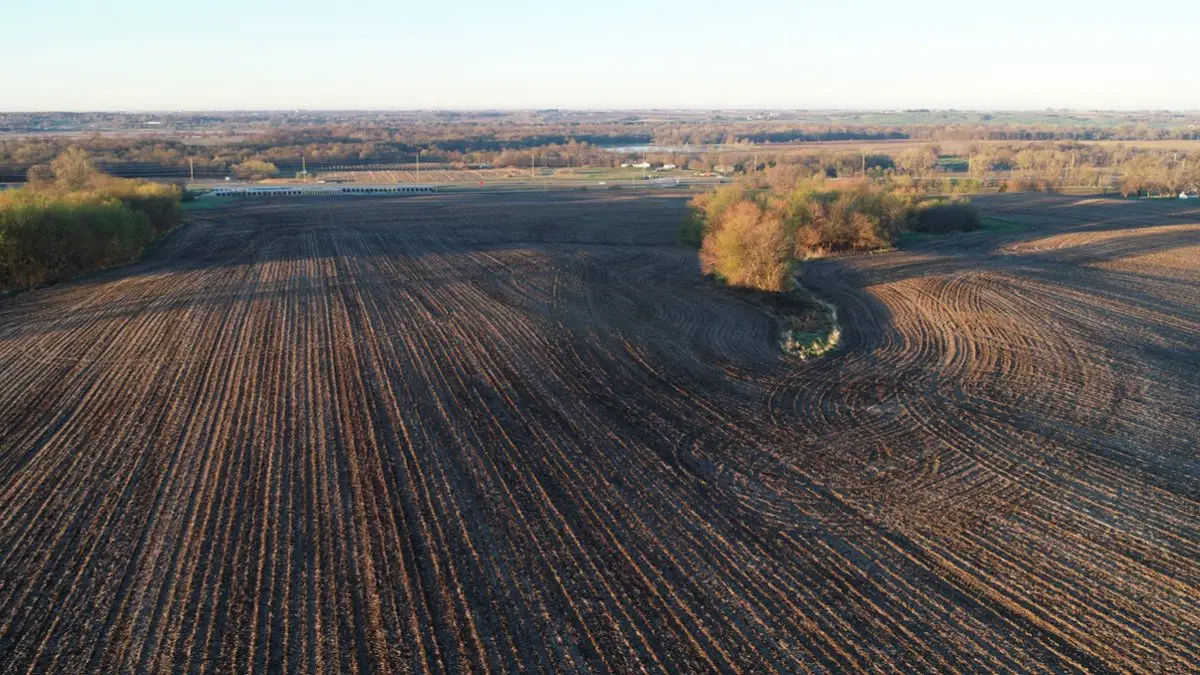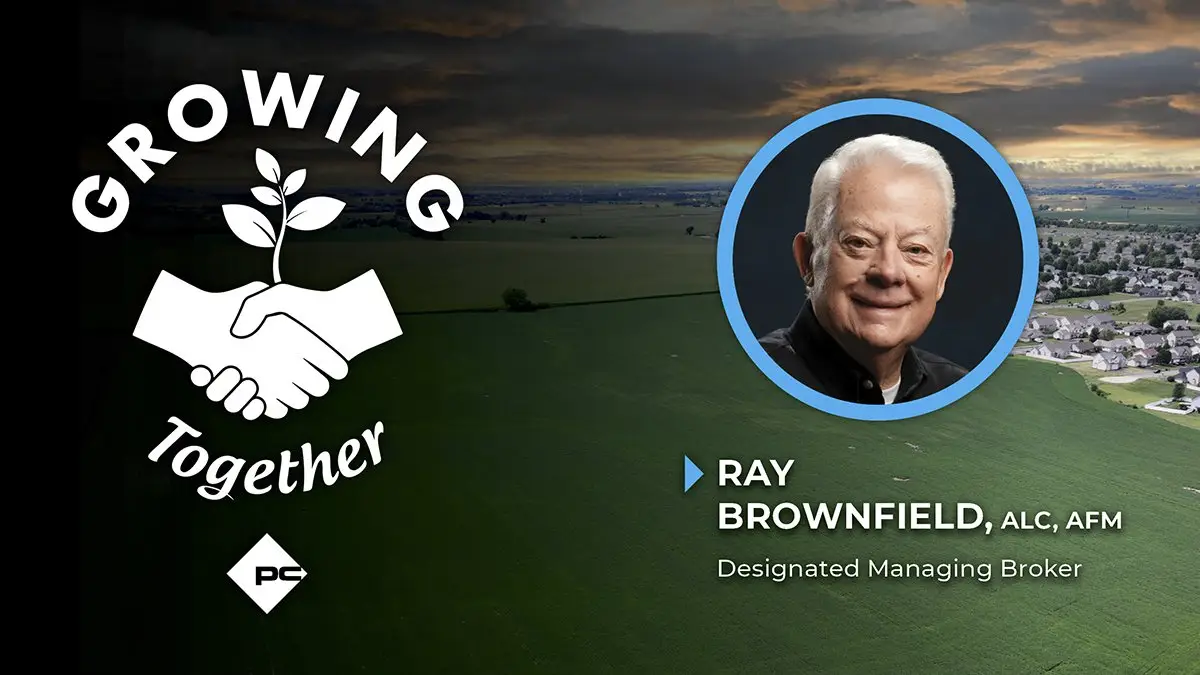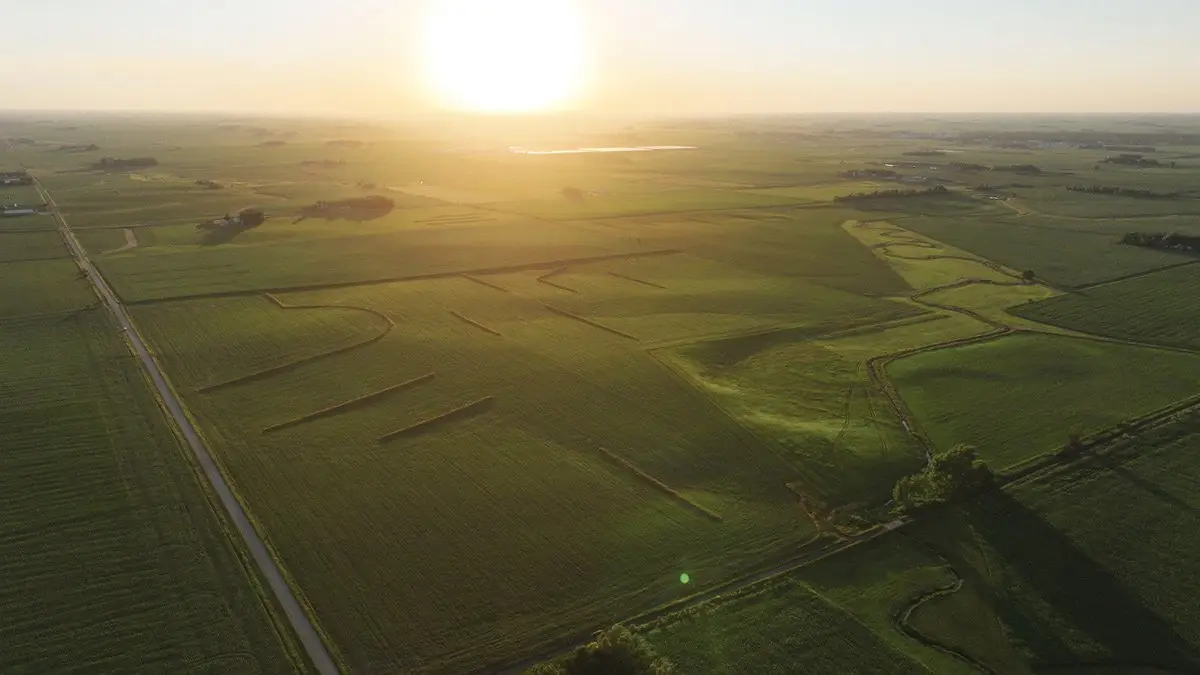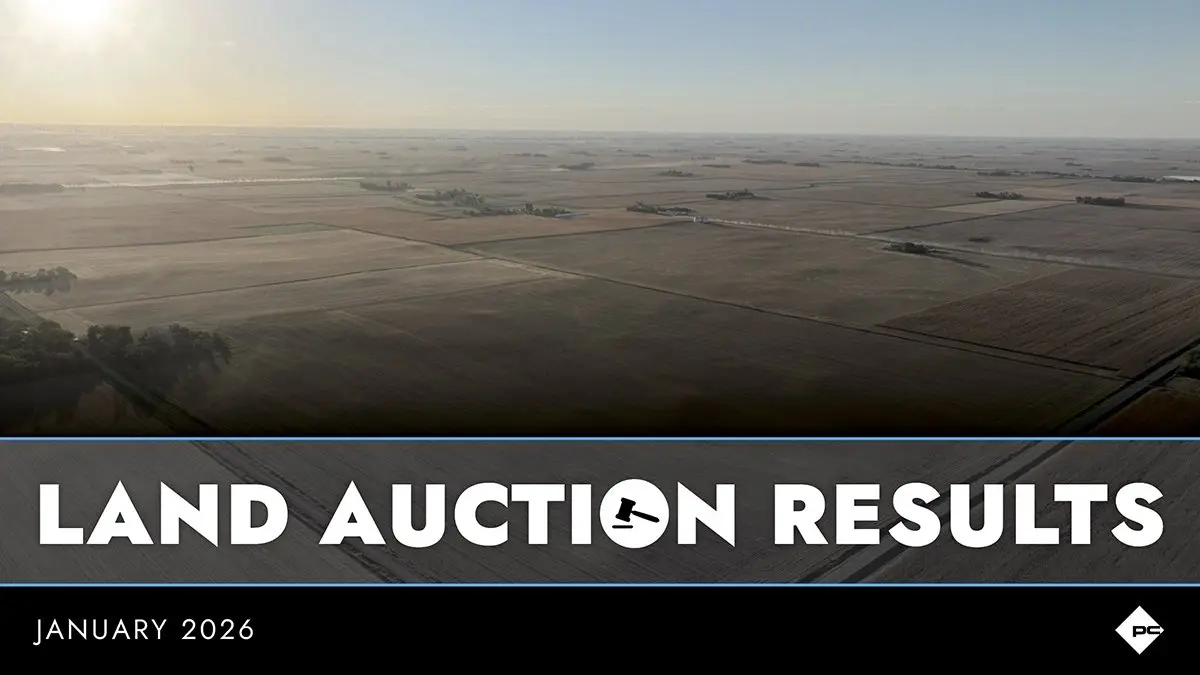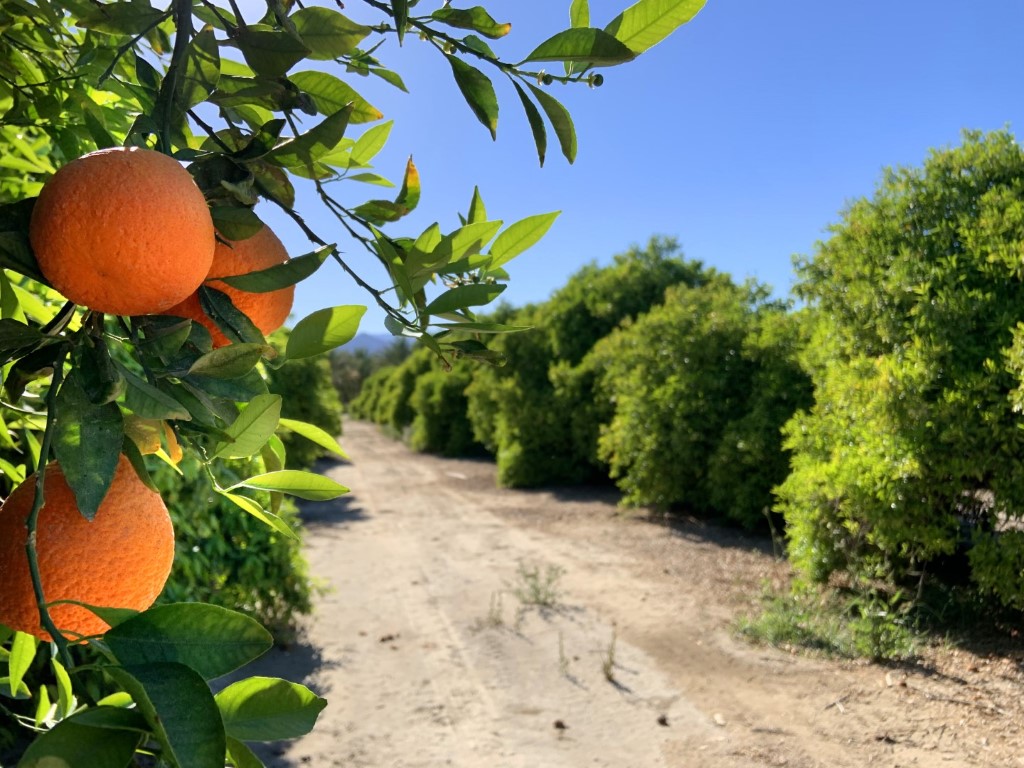
Permanent Plantings include long-lived tree or vine crops that typically have a lifespan greater than 10 years and can often have a lifespan of over 25 years. These include nut crops, tree fruit, vineyards, and some berries. The dynamic and varied factors that influence the valuation of permanent crops pose many unique challenges to valuation practitioners. Among others, these challenges include a fixed physical life, variable production, dynamic crop prices, inflationary pressures, and shifting consumer preferences.
The life cycle of permanent plantings is generally demised into three periods: immature, mature, and declining. During these periods, potential crop production can vary significantly. The immature phase is generally characterized by limited crop yields which ramp up to the peak production of the mature phase. In the declining phase, age, disease pressure, and other factors typically result in decreasing yields. Valuation practitioners should track and analyze historical production data across market areas to best determine the timing and productivity of these phases and throughout the potential physical life of a property.
However, these periods generally refer to a planting’s physical life. Fundamental to the proper analysis of permanent plantings is the determination of the economic life of a property’s plantings that, during volatile economic times, can differ significantly from the physical life.
Consumer preferences, especially for those crops with proprietary and patented varietals, can significantly impact the economic life of an orchard, grove, or vineyard. This is often seen in apples, table grapes, and other crops where varietals can have a heavy influence on retail marketing strategies and consumer preferences can often be transient. In some cases, crops may be grafted to more desirable varietals to extend the economic life; however, in many instances, shifts in consumer demand can cause the cultivation of a permanent crop to be financially infeasible and result in the premature removal of an orchard, grove, or vineyard.
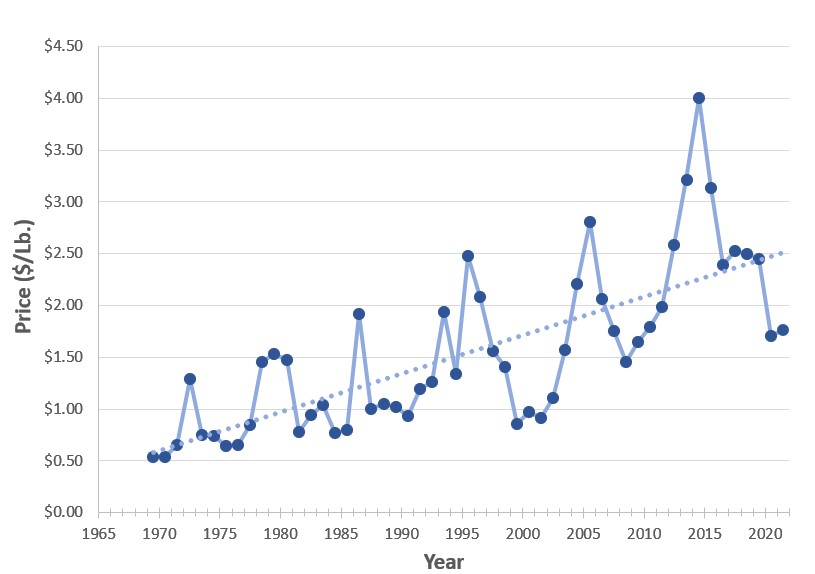
Whether valuing permanent crops or not, volatility in crop pricing is always a challenge. This is well illustrated in this chart, which plots the cyclical nature of domestic almond pricing over the past 50 years. Because these cyclical spikes in pricing can be driven by a wide variety of factors, modeling pricing in a property’s forecasted income stream can be challenging. When utilizing a discounted cash flow to value a property, the near-term impact of pricing volatility will have a disproportionate impact on a property's value. Buyers and sellers certainly acknowledge this volatility in the timing of their acquisitions and dispositions as they consider both the immediate impacts of current pricing, whether at a high or low, as well as the overall trend of stabilized pricing, which may better reflect long-term growth expectations.
In the current market, the impact of inflation on growers is a very real factor. Whether it is fuel cost, fertilizer cost, or other property expenses, the cost to operate most agricultural properties is increasing at a significant rate. As with crop pricing, even if buyers and sellers see inflation as a transitory influence, the near-term effect on a property’s cash flow is real and must be reconciled. In the case of discounted cash flow analysis, this can be in the form of both estimating high near-term operating costs or forecasting higher cost increases over the estimated holding period. In the southwestern U.S., increasing awareness of drought and the need for sustainable irrigation resources has led to increasing costs for many growers for supplemental irrigation water. While some permanent crops tolerate deficit irrigation, like changes in consumer demand, the increased cost of obtaining irrigation water can result in the premature removal of an orchard, grove, or vineyard.
The valuation and analysis of permanent crops as a dynamic real estate asset, especially during volatile economic conditions, requires the unique perspective and nuanced insights of professionals. Contact your regional Peoples Company office for more insight and assistance.
Jeremy Darner is a Managing Partner for Peoples Company’s Pacific West office. The Pacific West office provides brokerage, appraisal, and consulting services across the major farming areas in the region. For more information please contact Jeremy at jeremy@peoplescompany.com.





